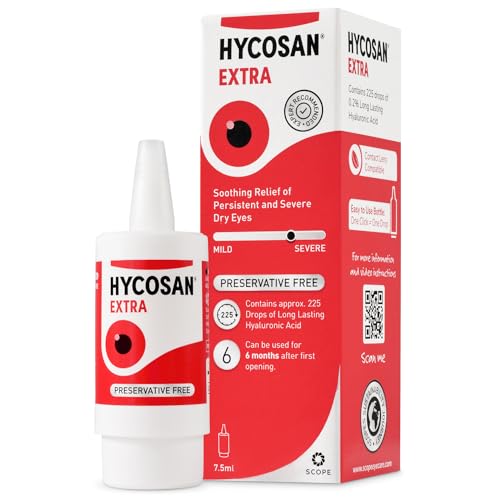Understanding Cataracts
Cataracts are a common condition that affects aging individuals. It occurs when the lens of the eye becomes cloudy, leading to blurry vision and difficulty seeing in low light conditions. They are treatable through surgery, but some people may wonder if eye drops could help with the condition as well.
Types of Eye Drops for Cataracts
There are a variety of eye drops available in the market that claim to treat cataracts. However, it’s important to note that these drops don’t actually dissolve or remove the cataract. Instead, they typically contain antioxidants that can help to protect the eye from further damage or inflammation. Popular eye drops for cataracts include Can-C Eye Drops, Ethos Endymion Bright Eyes Drops, and iSorb Night Vision.
Efficiency of Cataract Eye Drops
While the idea of using eye drops for cataracts may sound promising, there is very little scientific evidence to support its effectiveness. In fact, the National Eye Institute explains that there are no FDA-approved eye drops for the treatment of cataracts. Some users of these eye drops may report improved vision, but it’s possible that this can be attributed to a placebo effect rather than any real therapeutic benefits.
Alternative Treatment Options
If you have been diagnosed with cataracts, it’s important to consult with your eye doctor for proper treatment options. Most cataracts require surgical intervention to remove the opaque lens and replace it with a clear artificial lens. For those who aren’t ready for surgery, wearing eyeglasses or contact lenses to help improve vision may be recommended. Additionally, maintaining a healthy diet can also help to prevent cataracts from worsening.
In conclusion, there are no eye drops available as a cure for cataracts. While some eye drops may claim to alleviate the symptoms, it’s important to remember that cataracts require surgical intervention to fully treat. Use of eye drops for cataracts should only be done in consultation with a doctor and as part of an overall treatment plan.






